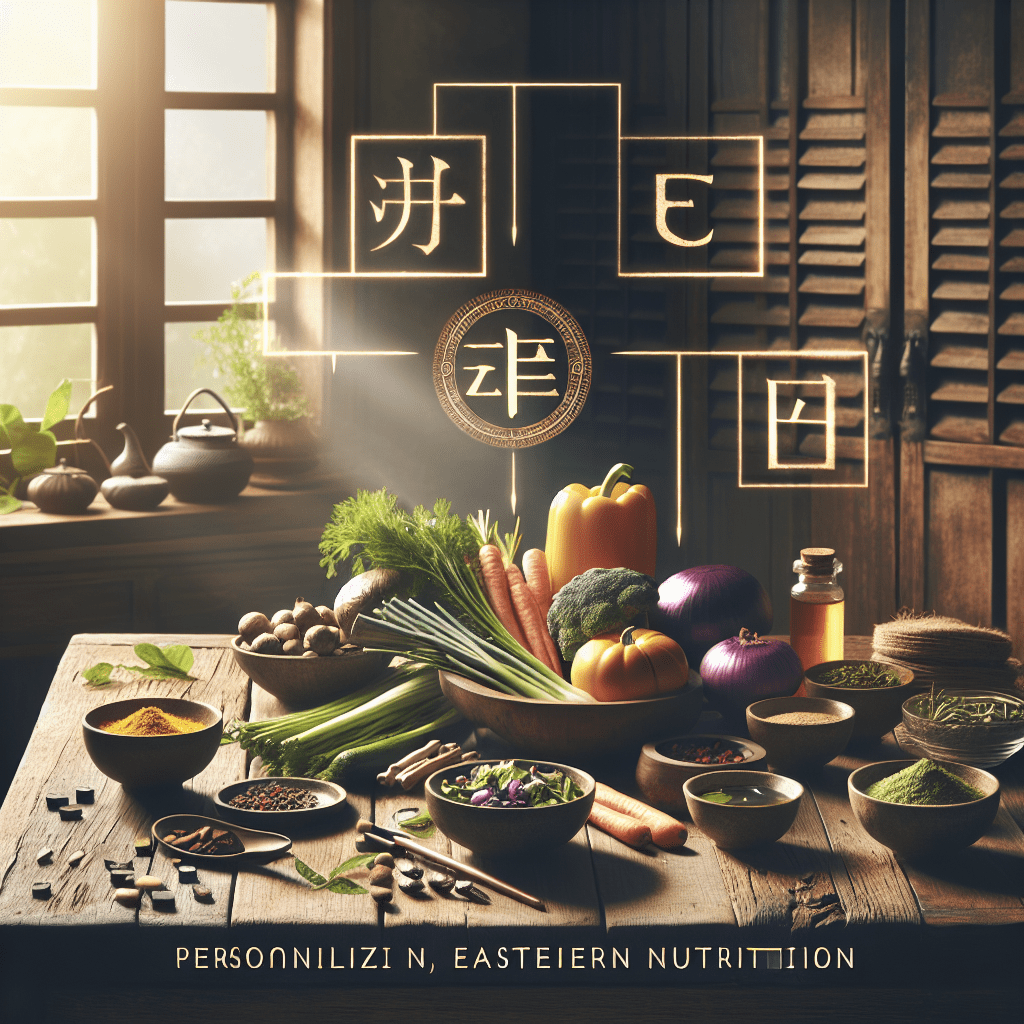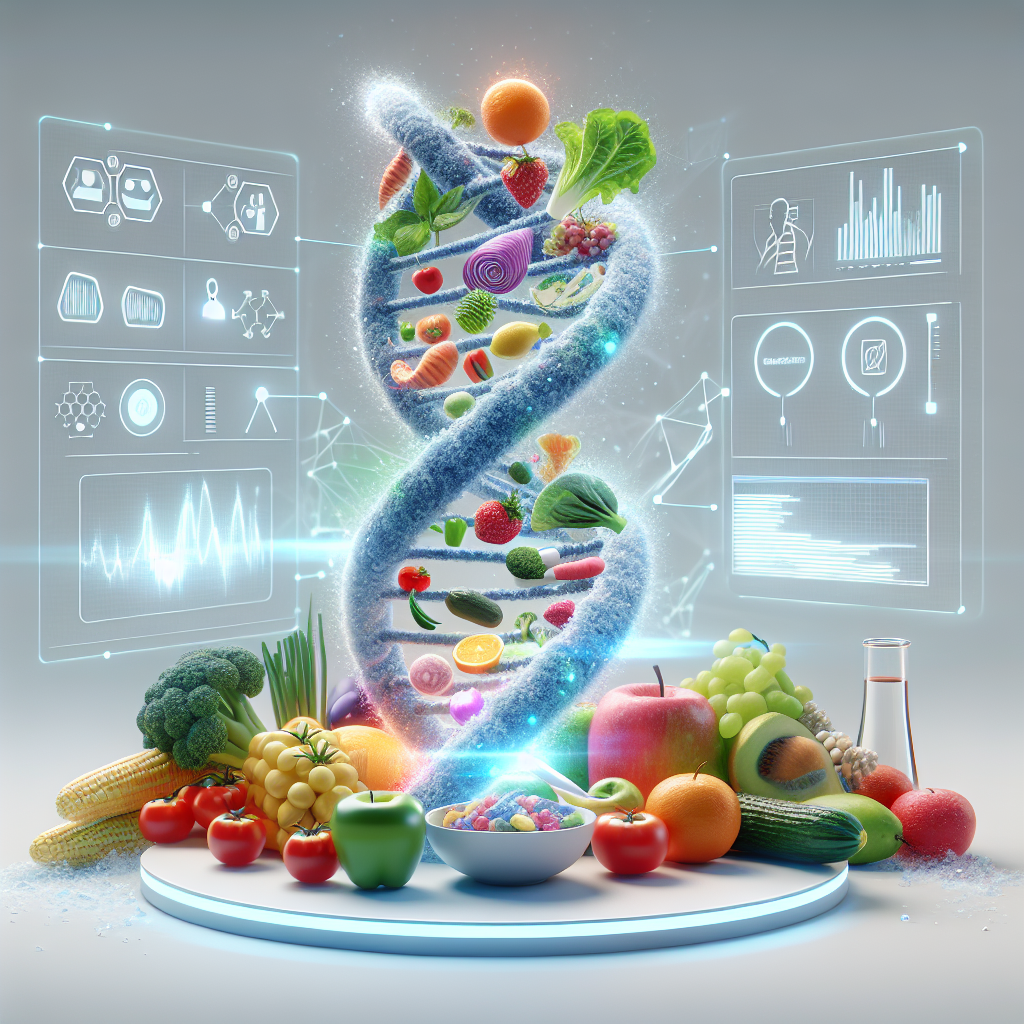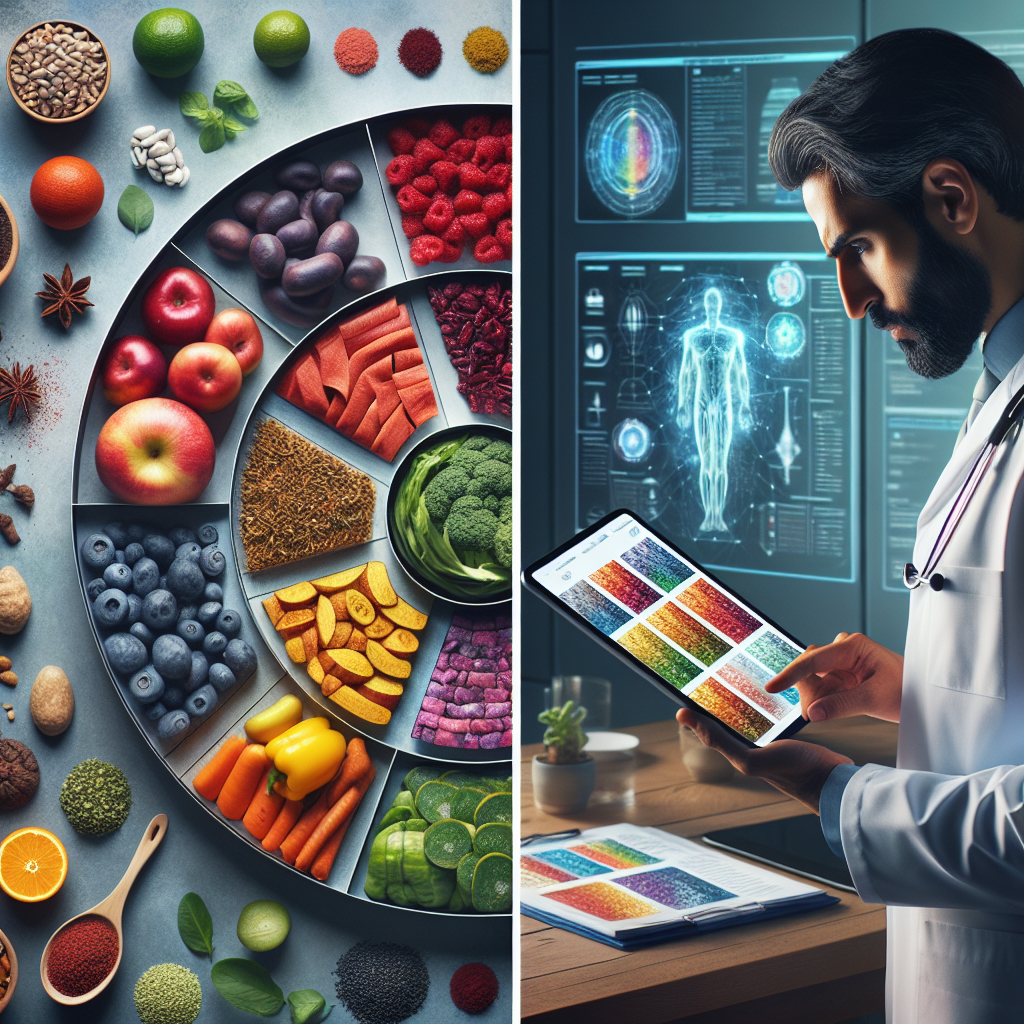Ever notice how a friend can thrive on a diet that leaves you feeling sluggish and bloated? In today’s health-conscious world, personalized nutrition plans are gaining popularity for good reason. They’re like custom-tailored suits in a world of off-the-rack options—designed specifically for your body’s unique measurements and needs. While the concept might seem cutting-edge, it’s actually rooted in wisdom that dates back thousands of years.
Think about it: would you rather wear a one-size-fits-all outfit to an important event, or something crafted to highlight your best features and accommodate your unique shape? Just as we’ve moved beyond the notion that clothing should fit everyone the same way, we’re finally recognizing that nutrition isn’t universal either.
Traditional diets—from low-carb to paleo to vegan—often present themselves as the optimal choice for everyone. But just as that “medium” sweater might swim on one person and squeeze another, these standardized approaches to eating often fail to consider our individual biochemistry, lifestyle, and needs.
Ancient Eastern Wisdom: The Original Personalized Nutrition
While modern nutritional science is just beginning to embrace personalized approaches, Eastern medical traditions have been customizing dietary recommendations for millennia. Traditional Chinese Medicine (TCM), with its 2,000-year history, has always recognized that each person has unique dietary needs based on their constitution and current state of health.
In TCM, food is never just about calories or macronutrients. Instead, foods are classified according to their energetic properties—whether they’re warming or cooling, moistening or drying, and which of the five flavors they embody (sweet, sour, bitter, pungent, and salty). Each of these qualities affects different organs and energy systems in the body.
The foundational concept of Yin and Yang balance forms the backbone of personalized nutrition in Eastern medicine. Some individuals naturally tend toward more Yang characteristics—they run hot, are more energetic, and may have stronger digestive fire. Others embody more Yin qualities—tending toward coldness, perhaps with slower metabolism or digestion. Your dietary needs depend greatly on where you fall along this spectrum.
As one TCM practitioner explains, “Giving cooling foods to someone with an already cold constitution would be like adding ice to someone who’s shivering—it simply doesn’t make sense.” This personalized approach to food therapy has been an essential healing tool in Eastern medicine for thousands of years.
Food as More Than Fuel: The Holistic Perspective
Eastern philosophy approaches nutrition from a fundamentally different angle than modern Western dietetics. Rather than viewing food primarily as fuel or a collection of nutrients, Eastern wisdom sees food as medicine, energy, and a vital connection to the natural world around us.
In this holistic approach, food isn’t just something you consume—it’s a relationship you nurture. Every meal is an opportunity to either strengthen or weaken your health, balance or imbalance your energy, and connect or disconnect from the seasonal rhythms of nature.
This perspective encourages a deeper, more mindful connection with what we eat. Rather than just counting calories or macros, Eastern nutrition considers how foods affect your energy levels, emotional state, and overall wellness. It asks not just “What nutrients am I getting?” but “How does this food make me feel? How does it align with my constitution? How does it connect me to the season and environment I’m in?”
Eastern nutritional wisdom also recognizes that digestion itself is an energetic process. It’s not just about what you eat, but how well your body can transform that food into usable energy. For this reason, personalized nutrition plans based on Eastern principles often include recommendations about eating habits—like eating at regular times, avoiding cold foods if you have weak digestion, or focusing on warm, cooked foods in winter.
This holistic perspective allows for a much more nuanced and individualized approach to nutrition than simply following standardized dietary guidelines.
Creating Your Personalized Nutrition Plan: The Eastern Approach
So how exactly would you go about creating a personalized nutrition plan based on Eastern wisdom? There are several key elements to consider:
1. Assessing Your Individual Constitution
Eastern medicine recognizes that people come in different “types” with different baseline tendencies. In TCM, this might be determined through examining your pulse, tongue, complexion, and various physical and emotional characteristics. You might discover that you have a naturally “hot” constitution that benefits from cooling foods, or perhaps a “dry” constitution that needs more moistening foods.
For example, someone with a hot constitution might experience frequent thirst, prefer cold drinks, and tend toward irritability when out of balance. This person would benefit from cooling foods like cucumber, watermelon, and green tea, while avoiding warming foods like ginger, cinnamon, and alcohol that could exacerbate their natural heat.
2. Harmonizing with Your Body Type
Once you understand your constitution, you can select foods that bring you into better balance. This is fundamentally different from following a standardized diet where everyone eats the same foods regardless of their unique needs.
If you tend toward dampness (perhaps with symptoms like bloating, weight gain, and fatigue), you might focus on drying foods like aduki beans, rye, and bitter greens. If you run cold with low energy and poor circulation, warming foods like sweet potatoes, ginger, and warming spices might form the foundation of your personalized plan.
3. Balancing the Five Flavors
Eastern nutrition places great importance on incorporating all five flavors—sweet, sour, bitter, pungent, and salty—in balanced proportions tailored to your needs. Each flavor has specific effects on the body and targets different organ systems.
For instance, sour foods like vinegar and citrus support liver function and can help contain energy that’s too dispersed. Bitter foods like dark leafy greens support heart function and clear heat. The right balance of these flavors for you depends on your constitution and current health status. Recent research on personalized nutrition approaches is beginning to validate these traditional concepts.
4. Eating with the Seasons
One of the most beautiful aspects of Eastern nutritional wisdom is its emphasis on seasonal eating. Your personalized nutrition plan should shift throughout the year to harmonize with nature’s cycles.
In winter, this might mean eating more warming, cooked foods and fewer raw vegetables. Spring calls for foods that support the liver and help move stagnant energy, like young greens and mildly pungent vegetables. Summer is a time for cooling, hydrating foods, while autumn requires more moistening foods to counteract the season’s dryness.
By aligning your diet with seasonal changes, you support your body’s natural adaptations to different environmental conditions.
5. Focusing on Preventive Health
Perhaps most importantly, personalized nutrition plans in Eastern medicine are designed not just to address existing problems but to prevent imbalances before they manifest as symptoms or disease.
This preventive approach means regularly adjusting your diet based on subtle changes in your health, energy levels, and external factors like weather, stress, and activity levels. It’s a dynamic, responsive way of eating rather than a static set of rules.
The Benefits of Eastern-Influenced Personalized Nutrition
When you adopt a personalized nutrition plan based on Eastern principles, several benefits typically follow:
Improved Digestion and Absorption
By eating foods that align with your constitutional needs and current state of health, you’ll likely experience better digestion. Many people notice reduced bloating, more regular bowel movements, and greater satisfaction from meals.
As one practitioner notes, “When we eat according to our constitution, food becomes a source of nourishment rather than a cause of discomfort. Digestive complaints often disappear without any other intervention.”
Increased Energy and Vitality
Food in Eastern medicine is viewed primarily as a source of energy or “qi.” When you eat according to your personal needs, this energy becomes more available and balanced throughout your body. Traditional dietary guidelines in TCM emphasize this energy-based approach to nutrition.
Many people report sustained energy throughout the day without the crashes that come from eating foods that don’t suit their constitution. This stable energy translates to greater productivity, better mood, and more consistent performance.
Emotional Balance
Eastern medicine recognizes the profound connection between diet and emotional health. Different foods can calm or stimulate the mind, support emotional stability, or exacerbate mood swings.
By eating foods that balance your specific constitution, you may find yourself more emotionally resilient and less reactive to stress. Many people report improved sleep, reduced anxiety, and a greater sense of overall wellbeing.
A Healthier Relationship with Food
Perhaps one of the greatest benefits is developing a more intuitive, responsive relationship with food. Rather than following rigid rules, you learn to tune in to how different foods affect your unique body and make choices accordingly.
This mindful approach often leads to more satisfaction from eating and less obsession with dietary restrictions. Food becomes a tool for healing and balance rather than a source of guilt or confusion.
Bringing Eastern Wisdom into Your Modern Life
You might be wondering: how can I possibly integrate these ancient principles into my busy, modern life? The good news is that you don’t need to become an expert in Eastern medicine to benefit from its wisdom.
Start by simply paying more attention to how different foods make you feel. Do you feel energized or depleted after certain meals? Do some foods leave you bloated while others satisfy you without discomfort? These observations are the first step toward personalized nutrition.
Consider consulting with a practitioner trained in Eastern dietary therapy who can help assess your constitution and make specific recommendations. Or explore technology-driven solutions like EASTCHI AI from HerbalsZen, which blends ancient Eastern wisdom with modern technology to provide personalized dietary guidance based on your unique constitution.
Remember that personalized nutrition isn’t about finding the “perfect” diet that you’ll follow forever. It’s about developing a flexible, responsive approach to eating that evolves with your changing needs and circumstances. Seasonal dietary principles are fundamental to this approach.
A Journey Worth Taking
Creating a personalized nutrition plan based on Eastern wisdom is less about following a specific diet and more about embarking on a journey of self-discovery. It’s about learning the language of your body and responding with foods that promote harmony and balance.
As you begin to understand your unique dietary needs through the lens of Eastern wisdom, you may find that food becomes not just sustenance but a powerful tool for creating health, balance, and vitality in your life.
In a world of mass-produced everything, personalized nutrition offers something increasingly rare—an approach to health that honors your individuality and connects you to wisdom that has stood the test of time. Your body, with its unique strengths, tendencies, and needs, deserves nothing less than nutrition designed specifically for you.
Are you ready to discover what ancient Eastern wisdom reveals about your unique dietary needs? Your personalized nutrition journey awaits, with each meal offering an opportunity to create greater harmony and health in your life.




